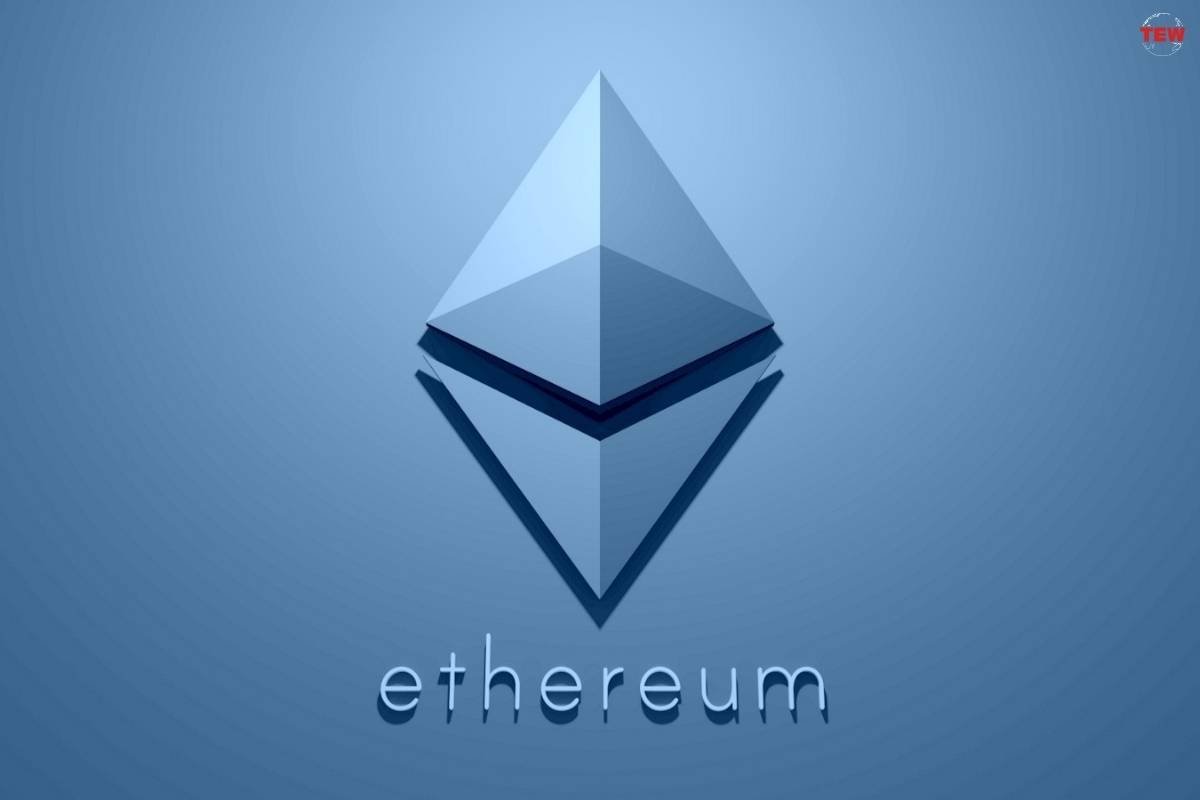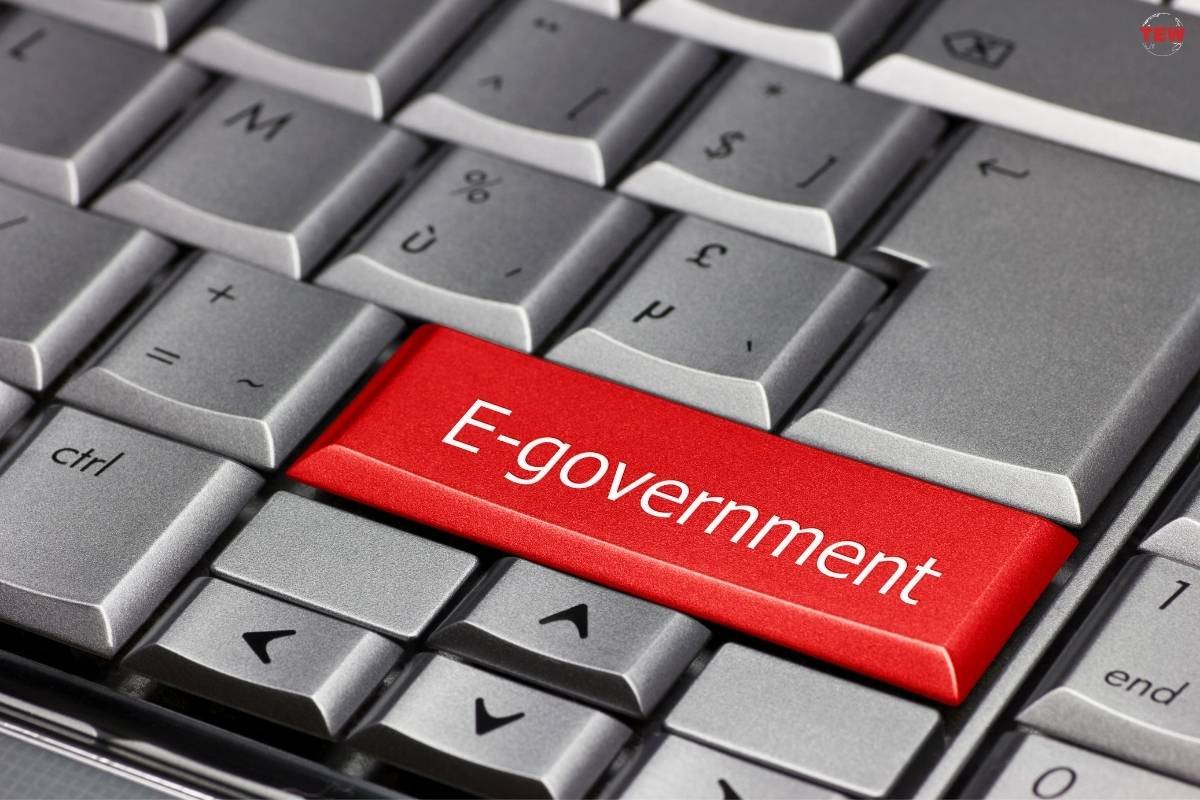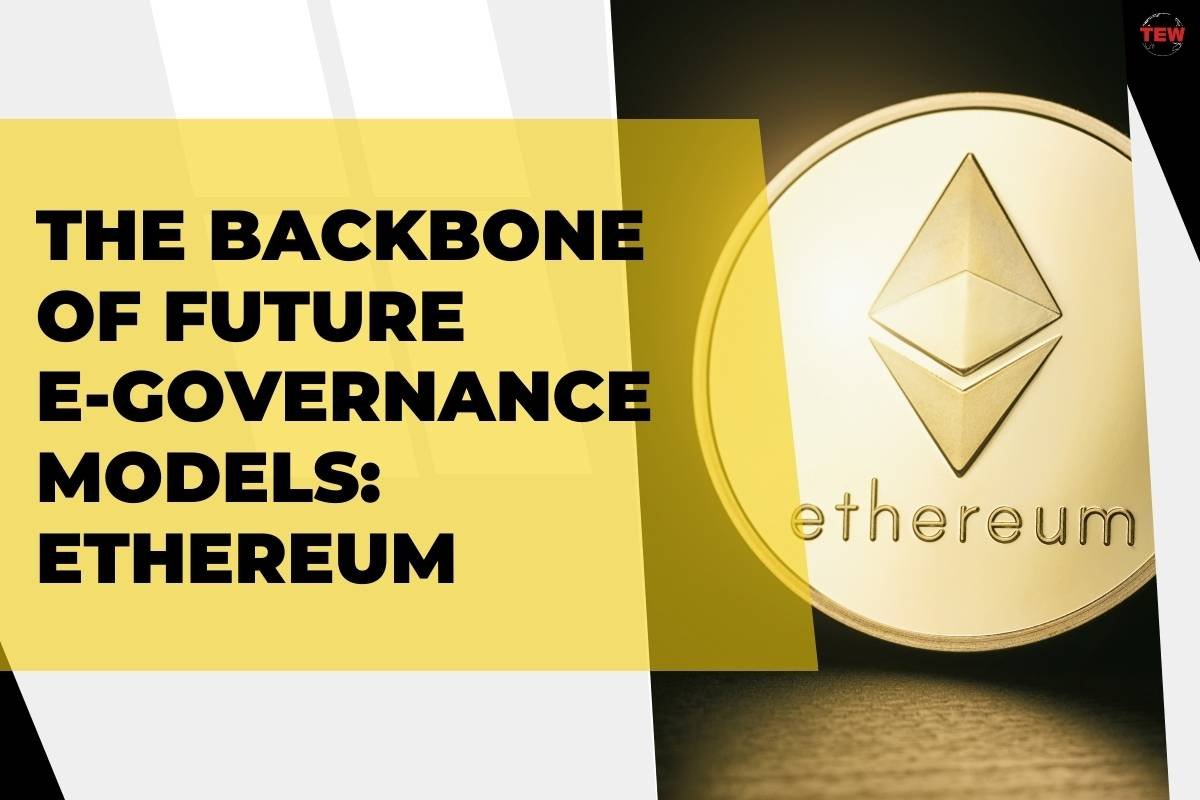Blockchain technology has revolutionized the way we perceive data security and transparency, and Ethereum, a prominent blockchain platform, is at the forefront of this transformation. In this article, we delve deep into the potential of Ethereum as the backbone of future e-governance models. By exploring Ethereum’s fundamental principles, real-world use cases, challenges, and prospects for innovation, we aim to paint a comprehensive picture of its role in shaping the governance systems of tomorrow. Ethereum is a gem when it comes to the financial aspect of it. Harness the power of AI using this platform ethereumcode.app to start trading. Start now!
Understanding Ethereum
What is Ethereum?

Ethereum is an open-source blockchain platform that was introduced in 2015 by Vitalik Buterin. Unlike Bitcoin, which primarily serves as a digital currency, Ethereum is a versatile platform designed to support various decentralized applications (DApps). At its core, Ethereum operates on a decentralized network of computers that execute and record smart contracts.
Smart Contracts and Their Role
Smart contracts are self-executing contracts with the terms of the agreement directly written into code. They automatically execute when predefined conditions are met, eliminating the need for intermediaries. Ethereum’s smart contract functionality is one of its most compelling features.
Smart contracts on Ethereum are written in a language called Solidity, enabling developers to create a wide range of decentralized applications. These contracts have applications in various sectors, including finance, supply chain management, and, notably, e-governance.
E-Governance: An Evolutionary Perspective
The Traditional Governance Model
Traditional governance models often rely on centralized institutions and intermediaries. While they have served society for centuries, they come with limitations such as bureaucracy, inefficiency, and susceptibility to corruption. As technology evolves, so do the expectations of citizens, leading to the need for more efficient and transparent governance systems.
The Concept of E-Governance

E-governance, or electronic governance, leverages digital technology to enhance the efficiency, transparency, and accessibility of government services and processes. It empowers citizens to interact with government entities online, reducing paperwork and bureaucracy. Blockchain technology, particularly Ethereum, plays a pivotal role in realizing the full potential of e-governance.
The Need for Blockchain in E-Governance
Blockchain technology addresses key challenges in governance, such as trust, transparency, and security. By design, blockchain provides an immutable ledger that can be accessed and audited by anyone, ensuring data integrity and reducing the risk of fraud. Ethereum, with its smart contract capabilities, takes this a step further by automating processes and eliminating the need for intermediaries.
Ethereum in E-Governance: Use Cases
Ethereum’s versatility lends itself to a multitude of e-governance applications, each offering unique advantages.
Voting Systems
Enhancing Transparency and Security
One of the most promising use cases for Ethereum in e-governance is the development of secure and transparent voting systems. Traditional voting systems are vulnerable to fraud and tampering. Ethereum-based voting platforms can offer end-to-end verifiability, ensuring that every vote is recorded accurately and securely.
Case Studies of Ethereum-based Voting Platforms
- Estonia’s e-Residency Program: Estonia has been exploring blockchain-based voting for its e-residents, offering a glimpse into the potential of secure digital voting.
- Follow My Vote: This startup has developed a blockchain-based online voting platform that prioritizes security and transparency.
Identity Management
Self-Sovereign Identity and Ethereum
Ethereum can empower individuals with self-sovereign identity management. This means individuals have control over their digital identities, reducing the need for central authorities to manage personal data. Citizens can securely access government services, proving their identity without compromising privacy.
Real-World Applications
- Decentralized IDs (DIDs): Ethereum-based DIDs enable users to create and manage their identities on the blockchain. Governments can issue verifiable credentials, such as driver’s licenses or passports, in a secure and interoperable manner.
Supply Chain Management
Improving Accountability and Traceability
In the context of e-governance, supply chain management is critical. Ethereum’s ability to create transparent and immutable records can greatly enhance accountability and traceability in government procurement and distribution of goods and services.
Successful Supply Chain Projects on Ethereum
- IBM Food Trust: Leveraging Ethereum’s blockchain, IBM Food Trust offers end-to-end traceability for food products, ensuring food safety and authenticity.
- Government Procurement: Several governments are exploring Ethereum-based solutions to track the procurement of goods and services, reducing corruption and ensuring fair competition among vendors.
Challenges and Concerns

While Ethereum holds great promise for e-governance, it also faces several challenges and concerns that must be addressed.
Scalability Issues
The Ethereum 2.0 Upgrade
Ethereum’s current architecture faces scalability issues, with network congestion and high gas fees being common problems. Ethereum 2.0, a major upgrade, aims to transition from a Proof of Work (PoW) to a Proof of Stake (PoS) consensus mechanism, improving scalability and energy efficiency.
Security Considerations
Recent Hacks and Vulnerabilities
Ethereum has seen its share of hacks and vulnerabilities. Notable incidents, such as the DAO hack, have raised questions about the security of smart contracts. Ongoing efforts focus on auditing and securing smart contracts to mitigate these risks.
Regulatory Hurdles
Government Acceptance and Compliance
Governments around the world have varying degrees of acceptance and regulatory clarity concerning cryptocurrencies and blockchain technology. Bridging the gap between innovation and regulation is essential for widespread adoption in e-governance.
Future Prospects and Innovations
Ethereum’s journey in e-governance is far from over. Several exciting prospects and innovations are on the horizon.
Ethereum 2.0 and Its Impact
The transition to Ethereum 2.0 is expected to significantly enhance the platform’s scalability and energy efficiency. The move from PoW to PoS will reduce the environmental impact of mining and enable more transactions per second.
Interoperability with Other Blockchains
Blockchain interoperability is key to unlocking the full potential of e-governance. Ethereum’s ability to collaborate with other blockchains can create a seamless ecosystem for governance applications, data sharing, and cross-border services.
The Role of Decentralized Autonomous Organizations (DAOs)
DAOs represent a novel approach to decision-making in governance. These organizations operate through smart contracts and are governed by token holders. Ethereum provides the infrastructure for the creation and operation of DAOs, potentially democratizing decision-making processes in governments.
Conclusion
Ethereum plays a pivotal role in advancing future e-governance models by providing unparalleled transparency, security, and efficiency, which traditional systems find challenging to rival. While challenges persist, continuous advancements in scalability, security, and regulatory acceptance are paving the path for Ethereum to emerge as the cornerstone of digital-age governance systems. As we progress, Ethereum’s influence in shaping the future of governance appears poised to be both transformational and enduring.




